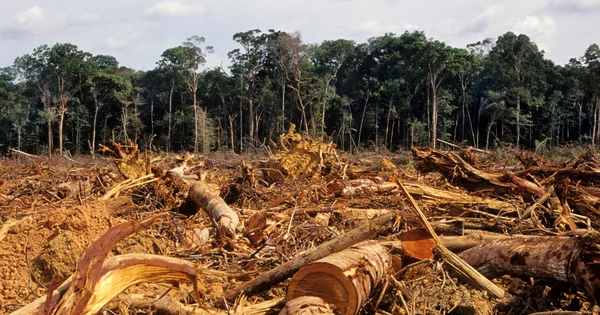Global economic expansion over recent decades has brought unprecedented prosperity, but a groundbreaking international study warns this progress has come at a devastating cost to the natural world.
The UK government–commissioned review, led by Professor Partha Dasgupta of the University of Cambridge, examines the crucial role that nature plays in supporting economies and human wellbeing. Spanning 600 pages and drawing on the expertise of hundreds of academics worldwide, the report warns that unless nations overhaul the way they measure and pursue growth, both the planet and humanity face severe consequences.
According to the review, while financial capital per person has doubled since 1992, the world’s stock of natural capital — the clean air, fertile soil, water systems, and biodiversity that support life — has declined by 40 percent. This steep decline threatens the stability of ecosystems and the services they provide, from food and water to climate regulation.
“We are totally dependent upon the natural world,” wrote renowned naturalist David Attenborough in the review’s foreword. “It supplies us with every oxygen-laden breath we take and every mouthful of food we eat. But we are currently damaging it so profoundly that many of its natural systems are now on the verge of breakdown.”
The Urgent Link Between Biodiversity and Human Survival
The Dasgupta Review stresses that biodiversity is deeply tied to human health and prosperity. The loss of species — occurring at up to 1,000 times the natural rate — is undermining nature’s productivity, resilience, and adaptability. This ecological decline also increases the risk of catastrophic events, such as pandemics linked to deforestation and wildlife exploitation.
Currently, global funding overwhelmingly supports environmentally harmful activities. The review estimates that $4–6 trillion is spent annually on unsustainable practices, such as fossil fuel subsidies and destructive farming techniques. Governments, it warns, are “paying people more to exploit nature than to protect it.”
Rethinking Growth Beyond GDP
One of the review’s strongest recommendations is to replace Gross Domestic Product (GDP) as the sole measure of economic success. Instead, it proposes a framework that values nature’s services alongside financial wealth, encouraging policies that restore ecosystems and safeguard biodiversity.
Transitioning to a sustainable growth model will demand bold, coordinated action on a scale comparable to the Marshall Plan. This includes:
- Full decarbonisation of the global energy system
- Shifts in consumption patterns in wealthier countries
- Increased investment in education, particularly for women
- Better access to finance for conservation efforts
Guy Poppy, Professor of Ecology at the University of Southampton, emphasized the urgency:
“Never before has it been so important to consider the economics of nature. Climate change and Covid-19 both highlight the need to rethink how we link economic health with environmental health.”
A Turning Point for Global Policy
The review identified two critical opportunities for change: the COP15 biodiversity summit and the COP26 climate conference. Both meetings, it said, could lay the groundwork for reversing decades of environmental damage — if leaders commit to transformative action.
The report’s message is clear: the fate of humanity is inseparable from the fate of nature. Without immediate changes in how we measure success, allocate resources, and value biodiversity, the costs to future generations will be incalculable.
“We and our descendants deserve nothing less,” the review concludes.






